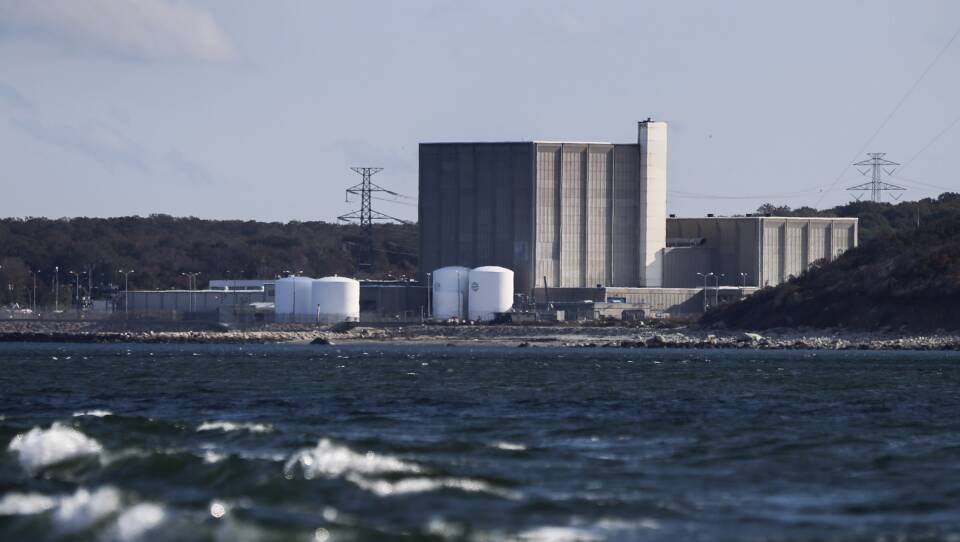Friday marks the end of an era for electricity generation in the region as the Pilgrim Nuclear power plant in Plymouth, which has been operating for nearly 50 years, will be officially shut down. Now, they begin the task of fully decommissioning the plant, including figuring out what to do with the nuclear waste at the site.
"We're going to take one day to celebrate,” said Elaine Dickinson of grassroots group Cape Downwinders, which has been fighting for decades to close the plant. “And then we'll be back at it. Because as long as the waste is there, we're still in danger."
In addition to electricity, nuclear power plants produce the highly radioactive byproduct of spent fuel, and the Cape Downwinders says that even though there's not going to be any more produced, they're worried about what happens with what's already on the site. The plan for now is to keep the waste at the Plymouth site in metal casks.
Diance Turco of the Cape Downwinders, though, worries that's not secure enough.
"We are asking that they use the best technology available,” Turco said. “And that's not happening yet."
Turco said the Cape Downwinders don't actually want to see the radioactive material leave Plymouth and become someone else's problem. They just want to see it kept more securely where it is.
"So what we need to look at is hardened on-site storage in Plymouth right at the site — thick, steel metal canisters in a concrete bunker or in some kind of protective building away from the coast," she said.
Officials at Entergy, which owns the power plant, said the current plan to store the waste in metal casks is safe.
"There'll be a very heavy security presence around that fuel until the federal government — who is ultimately responsible for all nuclear fuel at any plant around the country — fulfills their obligation to come take that to either an interim storage facility or a permanent repository," said Entergy spokesman Patrick O’Brien.
This is an issue at nuclear power plants across the country. A federal plan to store it all at a site in Nevada called Yucca Mountain has stalled.
"Because of the way this process has been managed politically over the decades, I think, it is my personal opinion, I think it's probably not going to happen,” said Jacopo Buongiorno, a professor of nuclear science and engineering at the Massachusetts Institute of Technology. “And so it would be wise to start looking for alternatives. When I say alternatives, I really mean alternative sites — other states and communities that are less opposed to hosting a repository."
Buongiorno said there are some other possibilities being considered. But in the meantime, the spent fuel isn't going anywhere.
The metal casks it'll be stored in are made by a company called Holtec International, which has asked the Nuclear Regulatory Commission for permission to buy the Pilgrim plant from Entergy and take control of its decommissioning.
That plan has drawn scrutiny from Massachusetts Attorney General Maura Healey, who worries Holtec might cut corners in order to keep more of the nearly $1.1 billion in a trust fund set aside for the decommissioning.
"The company that is wanting to come in to do this shutdown and the cleanup is a company that has never done anything like this before, never cleaned up and never shut down, decommissioned a nuclear power plant,” Healey said. “And they're promising to do it at a much faster rate and at a lower cost. And I just think the NRC really needs to be asking a lot of questions here so that at the end of the day it's done safely and that taxpayers aren't left footing the bill."
The citizen's group Pilgrim Watch has made a similar request for a hearing on the sale.
The NRC said it hasn't decided yet on the calls for a hearing or on the request to transfer the license of the plant from Entergy to Holtec. A spokesman for the commission said they expect to issue decisions on both questions in the next several months.





